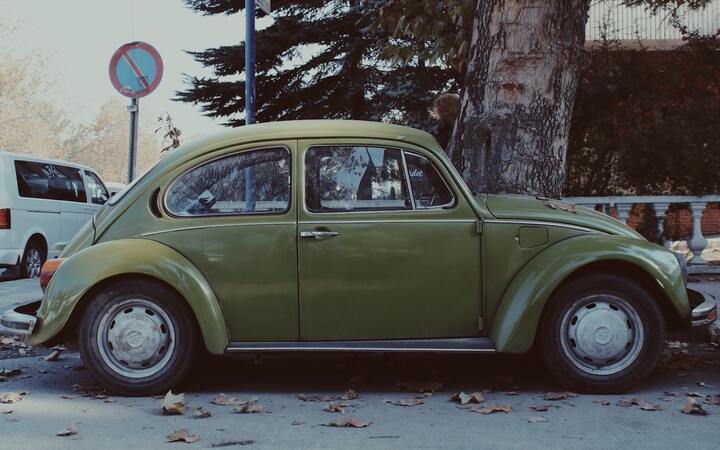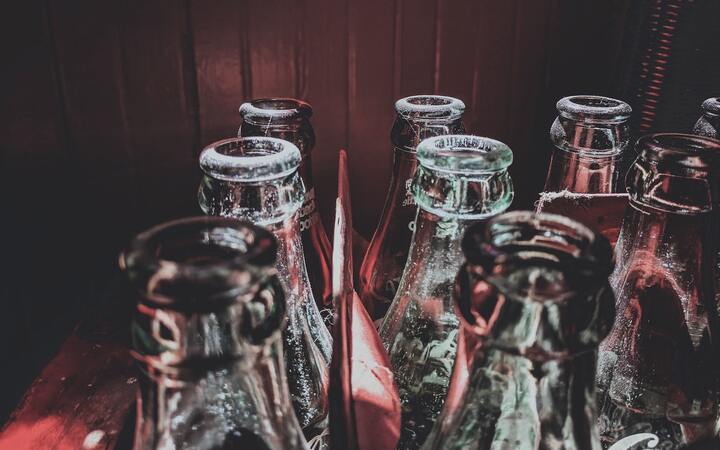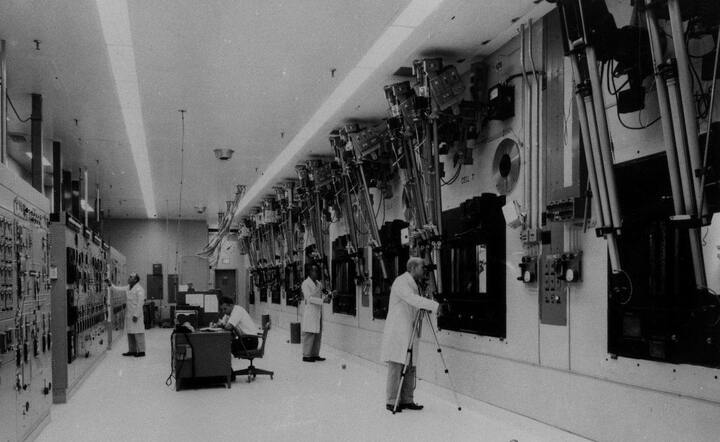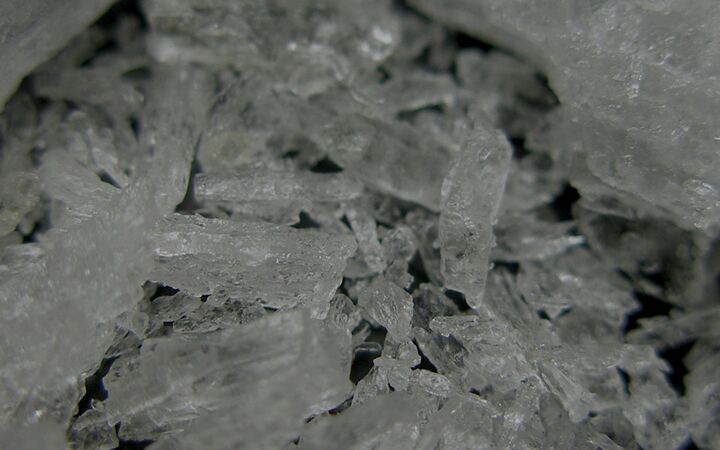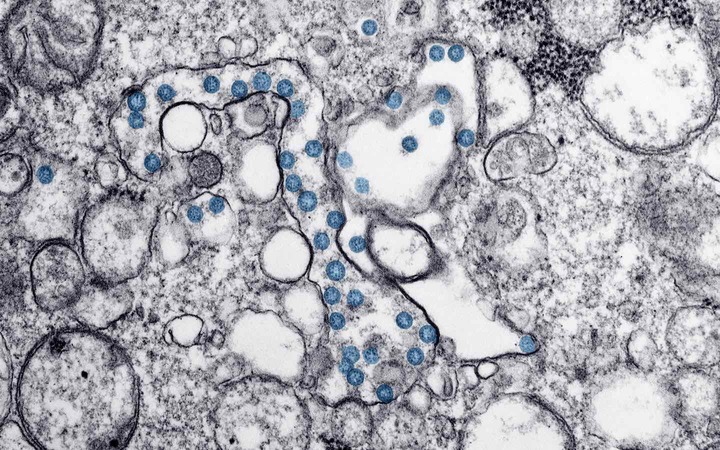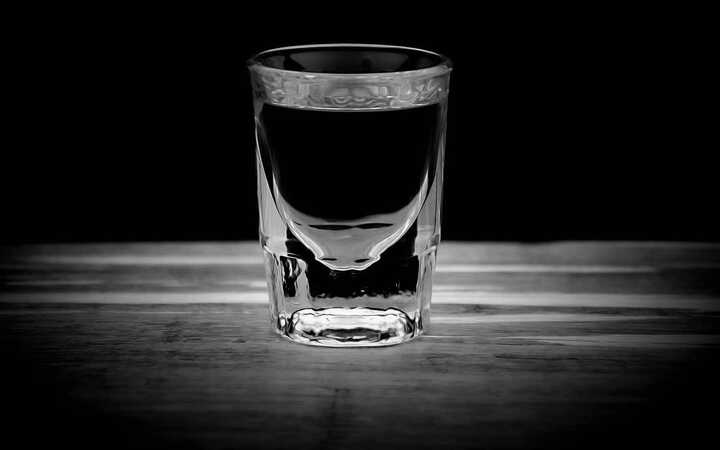If you ask the internet if breastfeeding is good, you will soon learn that YOU MUST BREASTFEED because BREAST MILK = OPTIMAL FOOD FOR BABY. But if you look for evidence, you’ll discover two disturbing facts.
First, there’s no consensus about why breastfeeding is good. I’ve seen experts suggest at least eight possible mechanisms:
- Formula can’t fully reproduce the complex blend of fats, proteins and sugars in breast milk.
- Formula lacks various bio-active things in breast milk, like antibodies, white blood cells, oligosaccharides, and epidermal growth factor.
- If local water is unhealthy, then the mother’s body acts as a kind of “filter”.
- Breastfeeding may have psychological/social benefits, perhaps in part by releasing oxytocin in the mother.
- Breastfeeding decreases fertility, meaning the baby may get more time before resources are redirected to a younger sibling.
- Breastfeeding may help mothers manage various post-birth health issues?
- Infants are often given formula while lying on their backs, which might lead to fluid buildup in the ears and thus temporary hearing loss during a critical development period?
- Breastfeeding is cheaper??
Second, the evidence for breastfeeding is overwhelmingly observational: It’s not based on experiments, but rather looking at the existing population and “observing” that breastfeeding is correlated with having mildly fewer infections (of many kinds) and slightly lower obesity. It may also be correlated with better outcomes in terms of allergies, diabetes, lymphoma, colitis, Crohn’s disease, or later IQ.
Observational evidence is disturbing because correlations are bad. Even if breastfeeding did nothing, people think it’s good, so the same parents who breastfeed more tend to have higher socioeconomic status and provide lots of other goodies too. Babies that wear baby Rolex watches are probably healthier on average. But that’s because their parents are rich, not because Rolexes are good for you. Could breastfeeding be like that?
Of course, experts are aware of this issue. They try to compensate for it by “controlling” for upstream variables. The most-cited meta-analysis on breastfeeding and IQ collected 18 papers that each controlled for different things, like parental education, social status, or how much social interaction the baby got. The control variables seemed to matter a lot:
| Among studies that… | Breastfeeding associated with a… |
|---|---|
| Did not control for maternal IQ | 4.1 IQ point increase |
| Controlled for maternal IQ | 2.6 IQ point increase |
But what about paternal IQ? Might smarter dads convince mothers to breastfeed more? What if you forgot to control for something, or your data was noisy, or the relationship is nonlinear? (What if smarter babies manipulate their mothers into breastfeeding more?) If any of that happens, then correlations will probably exaggerate the causal impact of breastfeeding.
So there’s been a small movement in recent years to push back against Big Nurse, to argue that, despite the public health messaging, there is no clear evidence that breastfeeding is beneficial. (See Stuart Richie at Science Fictions or Emily Oster at Five Thirty Eight or The Guardian for good versions of this argument.)
Naturally, I am sympathetic. Down with groupthink! Down with control variables! Down with putting so much pressure on mothers based on weak evidence!

Except…
Imagine you just gave birth on a desert island—one that for some reason has an unlimited supply of formula. You’re considering breastfeeding your baby, but you can’t read any studies. What should you do?
Well, there’s an obvious evolutionary argument. Maybe the epidermal growth factor and obscure mix of fats in breast milk are crucial. Or maybe they aren’t. But they’re probably not bad. So it seems like breastfeeding might be good or might be useless, but it probably isn’t harmful? It seems safest to breastfeed if you can, right?
Now, if you don’t trust all these correlational studies that claim positive results, throw them out. But then, you’d still want to breastfeed because of the evolutionary argument. Some skeptics seem to be not just disregarding these studies but seeing them as evidence of no effect. That seems wrong.
And we don’t only have correlational studies. We also have one large randomized trial.
The one big trial
If you decide some day to run a randomized trial on breastfeeding, you will soon notice a problem: You can’t gather a bunch of babies and then choose half to be breastfed, because (a) their mothers would ignore you, and (b) stopping kids from being breastfed is correlated with going to prison.
The best you can do is gather a big group of mothers, and then try to convince half of them to breastfeed more. And then you have to compare all the babies in the two groups, because if you pick out only those who were/weren’t breastfed, then you’re back to correlations. (We talked about this kind of “intention to treat” study design before when looking at colonoscopies.)
The PROBIT breastfeeding trial was run in Belarus between 1996 and 1998. This was a good time and place to run a trial, because Belarus at the time resembled rich countries in having access to basic medical care and sanitary water, but fairly low baseline breastfeeding rates. The trial worked with 32 hospitals across the country. At half the hospitals, researchers intervened by training staff on methods to maintain lactation and promote breastfeeding. The other half were left as controls. Researchers only tracked women who breastfed at least some. During the trial, 17,795 such women gave birth at these hospitals. (One control hospital was discovered to be faking their data and thus excluded.)
So, first question:
How much did breastfeeding increase?
That depends on what you measure:
| Breastfed at 3 months | Intervention | Control | Difference |
|---|---|---|---|
| any | 72.7% | 60% | 12.7% |
| mostly | 51.9% | 28.3% | 23.6% |
| exclusively | 43.3% | 6.4% | 36.9% |
| Breastfed at 12 months | Intervention | Control | Difference |
|---|---|---|---|
| any | 19.7% | 11.4% | 8.3% |
| mostly | 10.6% | 1.6% | 9.0% |
| exclusively | 7.9% | 0.6% | 7.4% |
Which “type” of breastfeeding matters most? Intuitively, you’d think that the first feed for a newborn matters more than one last feed before a two-year old is fully weaned. But nobody really knows.
This trial increased different “types” of breastfeeding by different amounts. This makes everything else tricky to interpret, since we don’t know what “type” is most important. But let’s not miss that all the increases are modest: All the numbers in the right-hand columns of the above tables are much smaller than 100%.
OK, second question:
Did more breastfeeding lead to healthier babies?
For gastrointestinal infections and rashes, probably. For respiratory infections and croup, maybe. And for ear infections, probably not.
| Outcome | Intervention | Control | Significant? |
|---|---|---|---|
| Gastrointestinal infection | 9.1% | 13.2% | ✓ |
| Hospitalization for gastrointestinal infection | 3.2% | 3.6% | × |
| Any rash | 12.3% | 18.3% | ✓ |
| Eczema | 3.3% | 6.3% | ✓ |
| Non-eczema rash | 9.9% | 13.5% | ✓ |
| ≥2 Respiratory tract infections | 39.2% | 39.4% | × |
| ≥2 Upper respiratory tract infections | 36.1% | 36.2% | × |
| Hospitalization for respiratory tract infection | 17.9% | 20.5% | × |
| Croup | 17.9% | 20.5% | × |
| Ear infection | 6.2% | 6.0% | × |
| Death :( | 0.25% | 0.35% | × |
Skeptics typically accept that the significant results above are probably real, but suggest that the impact is small—e.g. only a 4% decrease in the chance of the baby getting a GI infection.
I totally disagree with that.
Remember, that 4% decrease is not the result of “breastfeeding” instead of “not breastfeeding”. All babies in this trial got at least some breastfeeding! That 4% decrease is the result of a modest increase in breastfeeding intensity. If you ran a trial that compared no breastfeeding to exclusive breastfeeding for 12 months, the impact would surely have been much larger.
Note: The benefits of breastfeeding may be somewhat lower for the median reader of this blog than the median late 1990s Belarusian. You probably have access to cleaner water, more/better medical care and newer formula that includes things like DHA, ARA, and more nucleotides.
Did more breastfeeding lead to better long-term health?
The researchers checked in on the babies repeatedly as they became children and eventually teenagers. They found… essentially no effect!
- When they were 6.5 years old, asthma and allergies were very slightly worse in the intervention group.
- When they were 11.5 years old, BMI, height and blood pressure were a tiny bit higher in the intervention group.
- When they were 16, there was no benefit in terms of weight and blood pressure, and BMI was again slightly higher. The intervention group did very slightly better in eczema and asthma and slightly worse in terms of lung function.
(They also discovered in the last follow-up that another hospital was faking data.)
None of these results were significant, and all of the magnitudes are tiny. Many of the differences are probably just noise. It’s hardly conclusive, but if modest increases in breastfeeding led to massive improvements in long-term physical health, you probably wouldn’t get the above results. So this is some evidence that modest increases in breastfeeding don’t lead to gigantic improvements in long-term health.
Intermission
Here’s a woman in 1903, simultaneously breastfeeding a human infant and a bear cub.

Did more breastfeeding lead to higher IQ?
The original PROBIT study didn’t measure IQ, possibly because there are no IQ tests for 1-year olds. But a few years later, they had doctors track down most of the kids and give them an intelligence test when they were 6.5 years old.
| Outcome | Intervention | Control | Significant? |
|---|---|---|---|
| Vocabulary | 53.5 | 46.9 | ✓ |
| Similarities | 56.6 | 50.7 | ✓ |
| Block designs | 57.2 | 54.6 | × |
| Matrices | 52.8 | 50.9 | × |
| Verbal IQ | 108.7 | 98.7 | ✓ |
| Performance IQ | 108.6 | 104.8 | × |
| Full-scale IQ | 109.7 | 101.9 | × |
A 7.8 point increase in full-scale IQ? From a modest increase in breastfeeding intensity? I am very skeptical.
The above results were not blind. The doctors administering the tests knew if their hospital was in the intervention group or not. So the researchers took a random group of 190 children and sent them to an independent (blinded) psychiatrist.
| Outcome | Intervention | Control | Significant? |
|---|---|---|---|
| Vocabulary | 51.7 | 50.6 | × |
| Similarities | 54.2 | 51.2 | × |
| Block designs | 55.9 | 53.7 | × |
| Matrices | 50.2 | 48.9 | × |
| Verbal IQ | 105.2 | 102.1 | × |
| Performance IQ | 105.2 | 102.6 | × |
| Full-scale IQ | 105.7 | 102.6 | × |
These results seem more believable. None of the differences are significant, but a non-significant result doesn’t mean the true magnitude is zero. If the true difference in full-scale IQ were 3.1 points as above, there would be no chance of significance with a sample of this size. It’s uncertain, but given this data, the best guess is 3.1 points, not 0 points.
Is 3.1 points small? Well, a 100 IQ is higher than that of 50% of the population, while a 103.1 IQ is higher than 58%. Adding 3.1 IQ points to a kid ranked 13th in a 25-person class would push them up to around 11th. And, personally, if you were going to drop my IQ by 3.1 points, I would not be super stoked about it.
And remember, 3.1 points is still just the impact of a modest increase in breastfeeding intensity. If you ran a trial that compared no breastfeeding to exclusive breastfeeding for 12 months, the impact would surely have been much larger.
The researchers also had (blinded) teachers rate the academic performance of the students. Across reading, writing, math, and other subjects, the intervention group always did slightly better, to an amount corresponding to 1 or 1.5 IQ points. Which, again, is pretty small. But what do you expect from a moderate increase in breastfeeding?
If you combine those two sources of evidence and then extrapolate to a comparison of “lots of breastfeeding” vs. “no breastfeeding”, what’s your best guess? For me, I’d say 5-10 IQ points.
Of course, we don’t know that there’s a 5-10 point (or even a 1 point) increase. It might just be noise. But these results are definitely consistent with breastfeeding having a pretty substantial effect.
Did more breastfeeding lead to higher IQ later in life?
Much later, another group followed up and tested most of the cohort again, at the age of 16. This time they used a computer-administered test. Their results were that the intervention group did slightly better on average: 0.8 IQ points higher.
These results are often presented as contradicting the previous study. (“Breastfeeding doesn’t impact IQ after all!”) Of course, the 0.8 point difference might just be noise. But if it were real, would it contradict the previous 3.1 point difference? I don’t think so.
Consider teaching. It’s known that great teachers (and small classes) in kindergarten increase student test scores. But the benefits “fade out” over time. By the time those kids are in 7th or 8th grade, the benefit is gone.
Or consider a pair of identical twins, one of which is adopted into a poor family, and the other a rich family. My intuition is that the benefit of starting out rich would have an increasing impact on IQ over time. (“The rich kid gets better day-care, which leads to better performance in school, eventually a better college, a higher-paying job, a smarter spouse, etc.”) But this intuition seems to be wrong! The genetic heritability of IQ increases over a lifetime. The twins seem to converge, not diverge and the benefits of starting out rich fade out.
So a significant difference at age 6.5 that declines to much less at age 16 isn’t a weird contradiction that needs to be explained. That’s a common pattern.
Nursing doubts
Given the immense pressure our society puts on women to breastfeed, I always assumed the evidence for it was overwhelming. After all, breastfeeding is natural. And nature doesn’t care about being convenient or politically correct.
But I think the skeptics have a point. The evidence for breastfeeding is much shakier than people realize.
Why is breastfeeding sacred? Why do I feel so uncomfortable even examining the evidence? I mean, ultrasonic humidifiers might be bad for you, but you run 3 ultrasonic humidifiers in your house and no one bats an eye! I think breastfeeding is different because… public health people decided it should be, and we’ve internalized their messaging.
But just because the public health people might be over their skis doesn’t mean they’re wrong. (“Even a stopped public health person over their skis is right twice a day.”)
The priors clearly suggest that you should breastfeed if you can. And shaky evidence isn’t proof that breastfeeding is useless. We have one big RCT, which suggests breastfeeding does make babies a bit healthier, and probably boosts IQ for young children—possibly by a sizable amount.
But if you can’t breastfeed, the good news is that this RCT doesn’t suggest this dooms your child. The impact on long-term health and long-term IQ both seemed to be small. In this trial, not breastfeeding looked less like brain damage and more like a really bad kindergarten teacher. Update your prior as you see fit.





